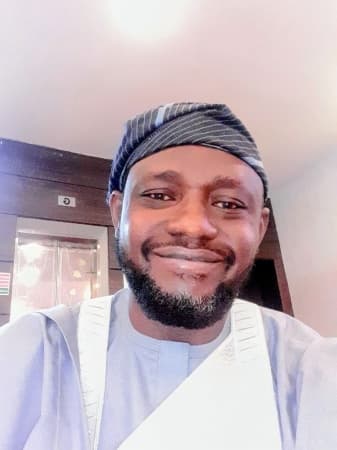Biafra Agitations & Nigeria’s Unfinished Reckoning With The Igbos

By JULIUS OGUNRO
IN 2007, I travelled to Okwe, a quiet town in Imo State, to interview Ralph Uwazuruike, the founder of the Movement for the Actualisation of the Sovereign State of Biafra (MASSOB). He had just been released from prison, yet his calm, measured tone that afternoon stood in sharp contrast to his reputation as a separatist leader.
Uwazuruike’s group, MASSOB, was the first organised attempt after the civil war to revive the call for Biafra. Today, almost two decades later, that torch has passed to Nnamdi Kanu and the Indigenous People of Biafra (IPOB). Yet, the motivations remain familiar: resentment over marginalisation, economic exclusion, structural imbalance, and the lingering scars of the civil war.
Behind these grievances lies a painful truth — Nigeria still has an “Igbo problem.” Decades after the war’s end, the Southeast continues to feel like an appendage rather than an equal partner in the federation. The ghost of 1967 still haunts the national psyche, manifesting in unspoken distrust, political underrepresentation, and feelings of perpetual exclusion.
Uwazuruike’s non-violent Biafra dream
In our conversation, Uwazuruike articulated these frustrations eloquently. He believed Nigeria should either fully embrace the Igbos as equals or allow them to go their separate way. Yet, despite his fiery rhetoric, he remained deeply pragmatic.
During the 2006 national census, MASSOB initially urged Igbos to boycott the exercise. But after consultations with Igbo elders, Uwazuruike realised the grave implications of non-participation — diminished representation, reduced federal allocation, and further political marginalisation. He quickly reversed course.
That decision reflected his wisdom and restraint. Though committed to the Biafran dream, he would not jeopardise his people’s future to make a political statement. His method, inspired by Mahatma Gandhi’s nonviolence, was rooted in strategy and foresight — not vengeance.
Kanu’s firebrand revolution
Then came Nnamdi Kanu, who replaced Uwazuruike’s diplomacy with defiance. Through the microphone of Radio Biafra and the machinery of IPOB, Kanu transformed agitation into an explosive crusade. His rhetoric was fiery, his tone authoritarian, and his followers fanatical.
Unlike Uwazuruike, Kanu saw moderation as weakness. His “sit-at-home” orders paralysed the Southeast every Monday, but at a heavy cost. According to SBM Intelligence, at least 776 people, including Dr. Chike Akunyili — husband of the late Dora Akunyili — were killed in IPOB-linked violence between 2021 and 2025.
The Eastern Security Network (ESN), created by Kanu to enforce compliance, soon became a symbol of fear, clashing regularly with security forces and terrorising residents. The once-thriving commercial hubs of Onitsha, Aba, and Nnewi have borne the brunt of the economic ruin. Investors have fled, schools and markets shut down, and ordinary people live in fear.
Kanu’s method, unlike Uwazuruike’s, has yielded no tangible political gains. The dream of Biafra remains as distant as ever. Instead, the Southeast is more fragile, divided, and economically weaker than before.
The enduring “Igbo question”
Both MASSOB’s pacifism and IPOB’s militancy have failed to achieve the desired outcome because neither addressed the structural heart of Nigeria’s dysfunction. The Igbos remain underrepresented in top federal positions, major infrastructure projects in the Southeast lag behind, and the psychological wound of exclusion festers.
Nigeria cannot afford to ignore this indefinitely. True national healing demands a deliberate effort to integrate the Igbos fully into the political and economic mainstream — not through tokenism, but through justice, inclusion, and equity.
At the same time, the Southeast must look inward. The region needs political strategists, not strongmen. Leaders who can translate legitimate grievances into practical reforms, not chaos. The answer to the Igbo question lies not in the trenches of rebellion, but in the corridors of negotiation, vision, and smart politics.
Until Nigeria and its Igbo citizens face this unfinished business honestly, the echoes of Biafra — whether through Uwazuruike’s restraint or Kanu’s rage — will continue to haunt the nation.
